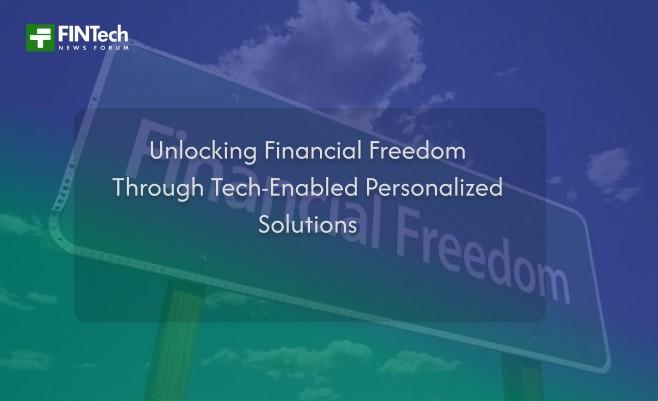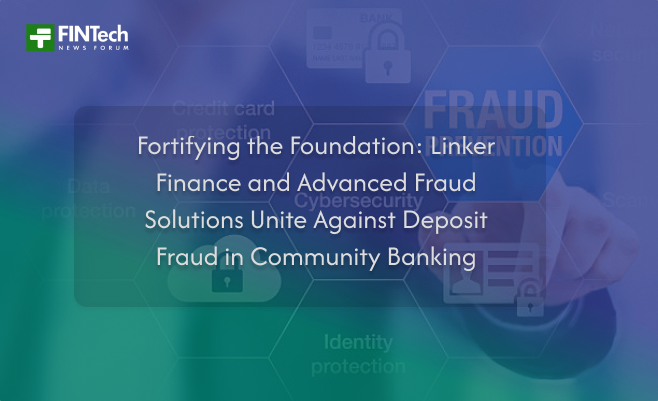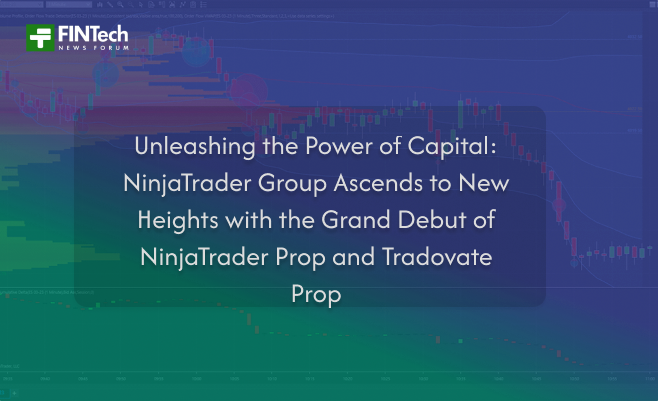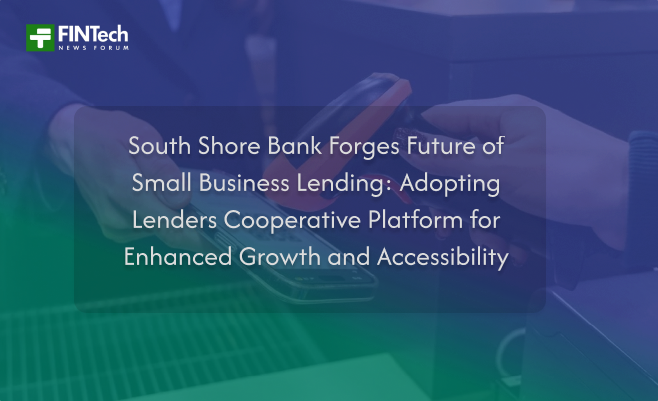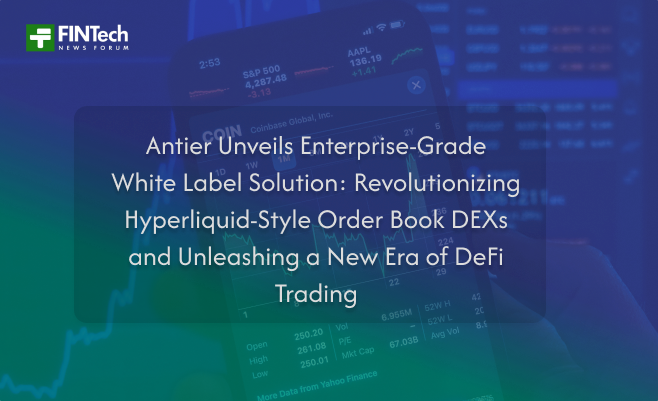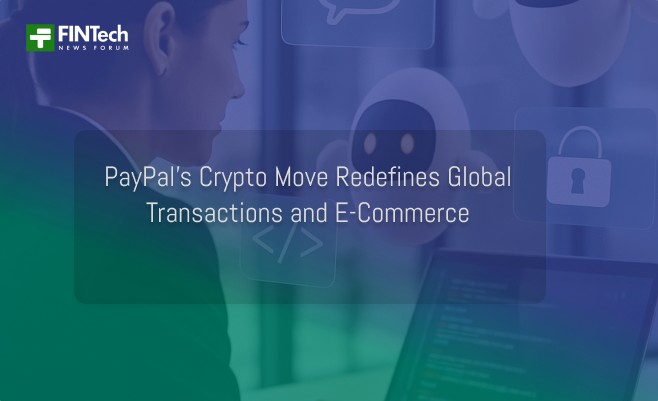
PayPal, a global pioneer in digital payments, has taken a bold step further into the cryptocurrency space by expanding its crypto functionalities for users and businesses alike. In what industry experts are calling a transformative shift, the company is enabling full-spectrum crypto transactions, opening the door to a new era in global commerce and decentralized finance.
🔍 From Payments Giant to Crypto Innovator
Once known primarily as a leader in peer-to-peer digital payments and online shopping integration, PayPal is now evolving into a serious player in the cryptocurrency space. With the company’s latest updates, users can now:
- Buy, sell, and hold cryptocurrencies directly within the PayPal wallet.
- Send and receive crypto to and from third-party wallets — a significant departure from the previously closed ecosystem.
- Use crypto for purchases at millions of merchants globally via real-time conversion to fiat currencies.
- Access select DeFi tools through upcoming integrations with regulated third-party platforms.
This enhanced functionality supports a variety of digital assets, including Bitcoin (BTC), Ethereum (ETH), Litecoin (LTC), and PayPal’s recently launched stablecoin PYUSD, pegged 1:1 to the US dollar.
💬 Leadership Speaks: A Vision for Inclusive Finance
Dan Schulman, President and CEO of PayPal, stated in a public announcement:
“We’re witnessing the convergence of traditional finance and blockchain technology. With these new capabilities, PayPal is building an inclusive, transparent, and accessible financial future — not just for developed economies but for anyone with a smartphone and an internet connection.”
PayPal’s strategy aligns with broader trends in global finance, where legacy players are integrating blockchain technology to remain competitive and relevant in a rapidly evolving market.
🌐 E-Commerce Meets Crypto: What Changes?
PayPal’s expansion into crypto isn’t just about speculation — it’s about usefulness in real-world commerce. Through its integration with online marketplaces and retailers, PayPal now allows consumers to spend crypto like any other currency. This includes automatic, real-time conversions at checkout, ensuring merchants receive fiat while customers enjoy the flexibility of spending digital assets.
Key Benefits for E-Commerce:
- Lower transaction fees compared to credit cards.
- Faster settlements, especially in cross-border scenarios.
- Reduced chargeback risk due to the irreversible nature of blockchain transactions.
- New customer segments, including crypto-native buyers and Gen Z consumers.
Merchants who adopt crypto via PayPal also gain access to advanced fraud protection tools and localized compliance support — reducing the typical barriers to entry associated with blockchain.
🌍 Global Impact: Financial Inclusion & Remittances
PayPal’s crypto initiative has the potential to revolutionize financial access for underserved populations, particularly in developing nations where traditional banking is either unreliable or inaccessible.
- Cross-border payments can now be conducted in near real-time with drastically reduced fees.
- Micropayments and remittances are more efficient, eliminating the need for costly intermediaries.
- Mobile-first economies in Africa, Southeast Asia, and Latin America stand to benefit from increased accessibility.
According to the World Bank, remittances to low- and middle-income countries reached over $630 billion in 2024. PayPal’s crypto strategy could reduce transfer costs from an average of 6.5% to under 2%, creating significant economic uplift.
📈 Market Reactions & Analyst Commentary
Following the announcement, PayPal’s stock (NASDAQ: PYPL) saw a 4.3% increase, as investors reacted positively to the company’s aggressive innovation roadmap.
Fintech analyst Dr. Maya Chen of Horizon Capital commented:
“This is not just a tech upgrade — it’s a strategic pivot that positions PayPal as the bridge between traditional finance and the decentralized future. It sets a new standard for how financial institutions approach Web3 technologies.”
Crypto influencer and DeFi developer Ethan Blake added:
“The fact that PayPal is supporting wallet-to-wallet transfers and DeFi access shows they’re serious. This could onboard tens of millions of users into crypto without them ever needing to use an exchange.”
🛠️ Security, Compliance & Regulation
PayPal’s crypto expansion is fully KYC/AML compliant, with licenses from key financial regulators, including:
- The New York Department of Financial Services (NYDFS)
- The UK’s Financial Conduct Authority (FCA)
- EU MiCA regulations (Markets in Crypto-Assets)
The company has also enhanced its multi-layered security systems, integrating hardware-level wallet protection, real-time fraud monitoring, and zero-trust architecture to safeguard user assets.
🔮 What’s Next for PayPal and the Fintech Sector?
Looking ahead, PayPal has hinted at future developments such as:
- Crypto lending and staking features
- Integration with Ethereum Layer-2 networks for faster, cheaper transactions
- Support for CBDCs (Central Bank Digital Currencies) as countries roll them out
- NFT and digital identity wallets for Web3-native use cases
This trajectory puts PayPal in direct competition with both traditional banks and crypto-native firms such as Coinbase, Binance, and Circle.
📌 Final Thoughts
PayPal’s latest crypto update is more than just another fintech feature — it’s a milestone in the ongoing transformation of the financial system. By making crypto easier, safer, and more practical for everyday use, the company is helping rewrite the rules of how we send, receive, and spend money on a global scale.
As digital assets become more embedded in the infrastructure of the internet and commerce, PayPal’s bold crypto play could mark a defining moment in the evolution of both fintech and global economic inclusion.



